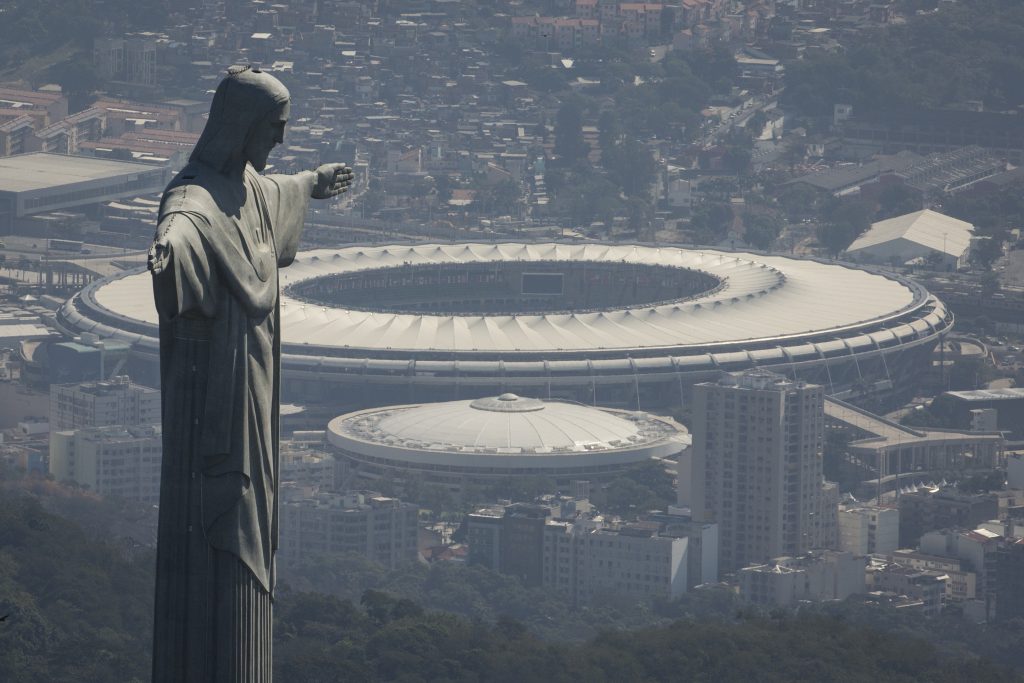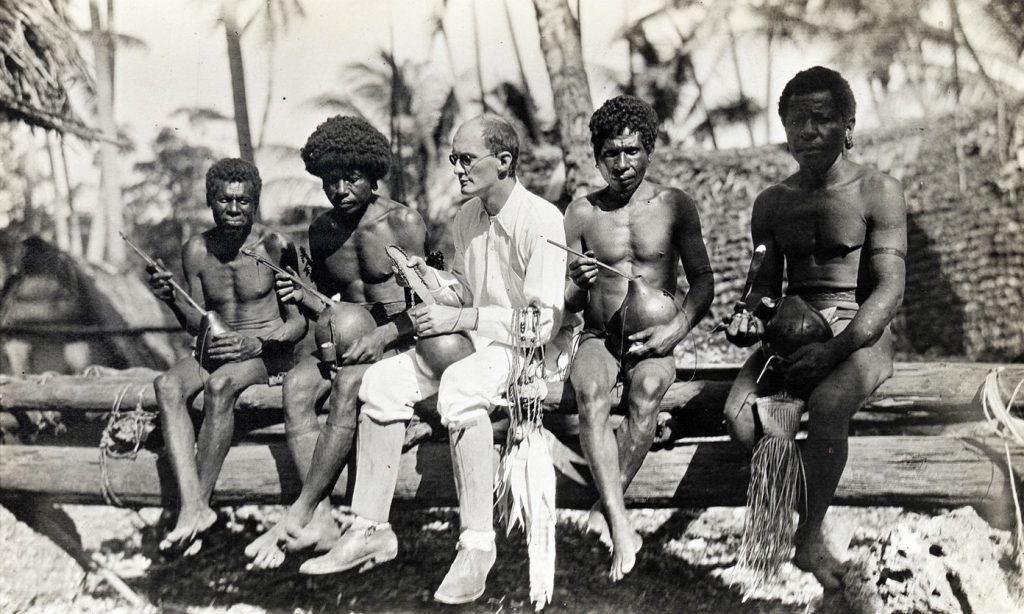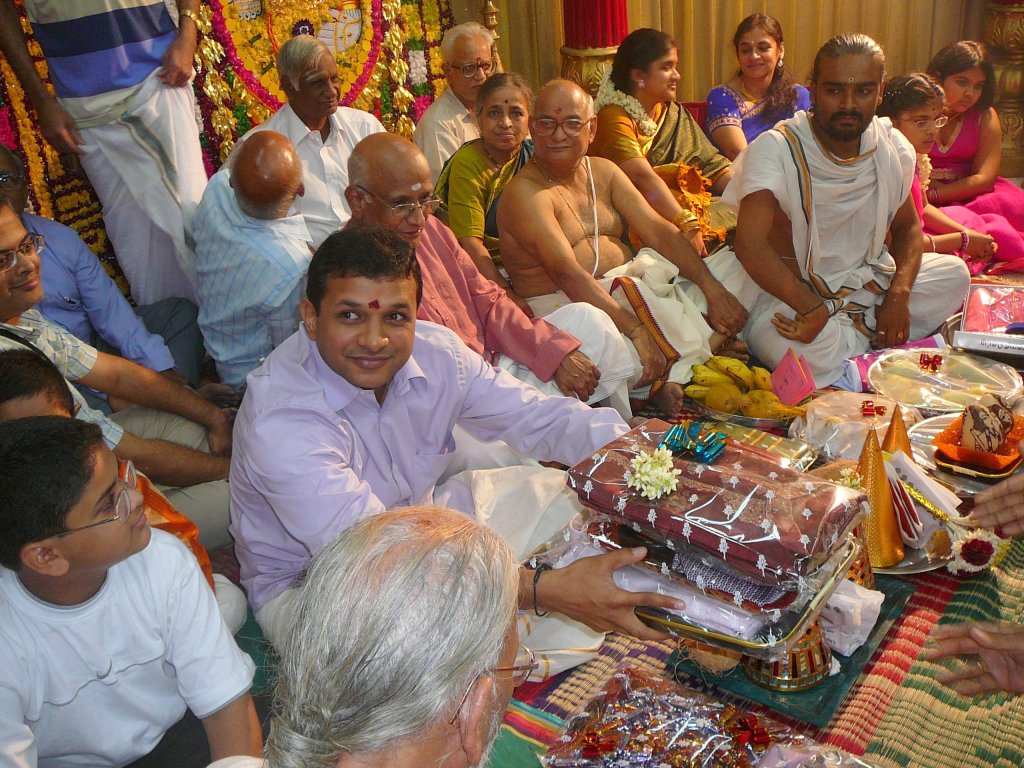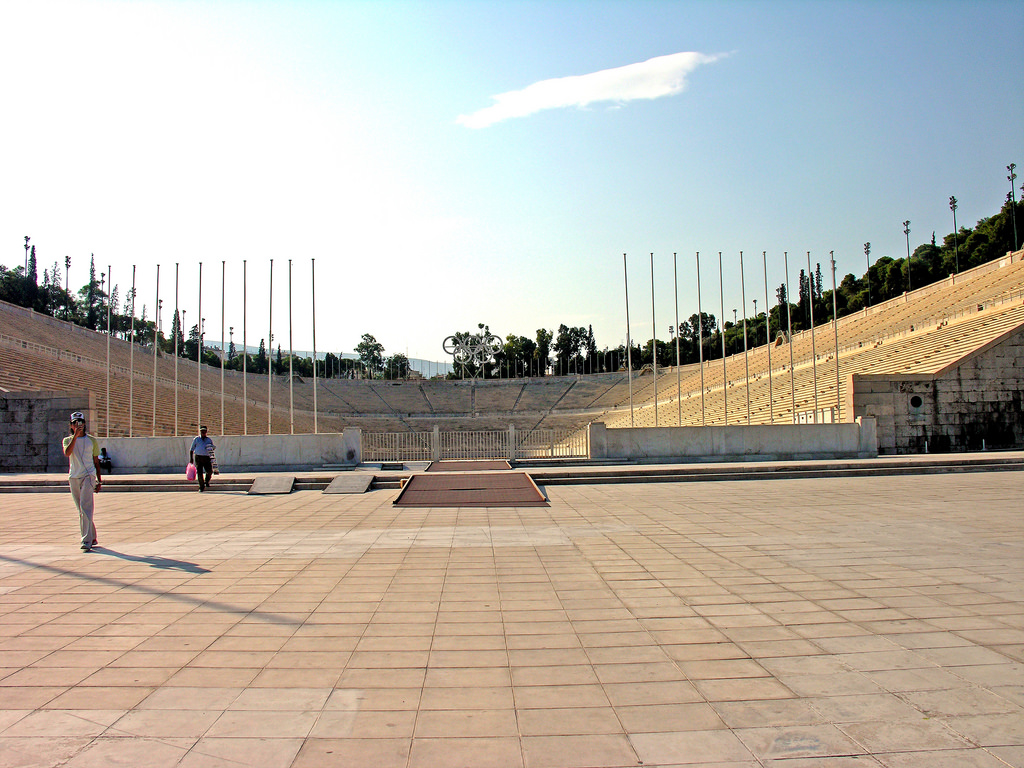Do the Olympics Make Economic Sense?

A little more than a month before the opening of the Olympic Games, the governor of the state of Rio de Janeiro declared a financial emergency. Brazil’s interim president responded by announcing that the federal government would cover any shortfall—to avoid “total collapse in public security, health, education, transport, and environmental management.” Brazil is in the midst of its deepest recession in decades, but all levels of government were committed to going forward with the Olympic Games, which will ultimately cost an estimated $11.46 billion over the seven-year preparatory period. Does this make any sense?
Since the end of the Cold War, there has been a rising crescendo of voices criticizing the massive costs of hosting Olympic Games (even though every organizing committee since 1984 has actually turned a profit on its operating budget). Critics have also attacked the premise that Olympic Games contribute to the public good, or that they leave “Olympic legacies,” both tangible (for example, new stadiums) and intangible (a more active and healthier population). But an Olympic Games organizing committee is not a for-profit business, a government, or a charity dedicated to solving social problems. It is a non-governmental organization that is legally obligated to deliver an international sports event according to the terms of a contract it signs with the International Olympic Committee (IOC). The megaprojects that account for the vast expenditures—from subway lines to new airport terminals—are financed by governments pursuing their own agendas.
So if the Olympic Games are not about turning a profit, generating public good, or solving social problems, what are they for? While the IOC and committees bidding to host the games make ambitious claims about legacies, most of the promised outcomes are impossible to measure. The truth is, the Olympics simply do not fit conventional categories. Every four years, a major world city takes on the vast financial burden of hosting the Summer Olympic Games, and it’s hard to say why. Anthropologists can offer some insight.
Humans are not always the economically rational animals that economists presume them to be. Since the turn of the 20th century, scores of anthropologists have shown that under certain conditions, humans will exert a great deal of effort and spend huge sums of money to acquire objects that have only symbolic value, assume ruinous debt to fund a celebration, or throw away vast amounts of wealth to impress a rival. They do so because they are caught up in a system of relationships and exchanges that is not market-based. Rather, they trade in honor, trust, solidarity, and prestige—in other words, in emotions and symbolism rather than material commodities.
Take, for example, the “Kula exchange” (also known as the Kula ring), in and around the Trobriand Islands off the coast of Papua New Guinea. As anthropologist Bronislaw Malinowski famously described the practice in 1922, high-status local men traveled hundreds of miles by canoe to trade apparently “worthless trinkets”—for instance, seashell necklaces and armbands, many too small for adults to actually wear—that were seldom sold or even traded for anything of practical use. “They are merely possessed for the sake of possession itself, and the ownership of them, with the ensuing renown, is the main source of their value,” wrote Malinowski. Because the Kula objects never stayed in any one person’s hands for long, and because the relationships between the trading partners were supposed to be lifelong, the Kula ring tied together thousands of people living on islands scattered over an immense oceanic area. But beyond that their purpose has long been debated. While most of us can understand desiring an object for its symbolic value, the idea of an entire exchange system built around such objects seems incomprehensible.
Take also the traditional practice of hosting exorbitant weddings and funerals in societies where money might seem better spent on more practical needs. For example, the Communist reformers in post-1949 China felt that this seemingly irrational behavior interfered with their efforts to modernize the peasantry, and sought to control it by instituting laws against expensive ceremonies. In poor rural areas, the cost of marriage is still so high that it is compelling families to seek out radical money-saving alternatives, including buying Vietnamese brides from human traffickers. The ongoing government crackdown on corruption recently included stricter guidelines prohibiting Communist Party officials from holding lavish weddings and funerals.
Anthropologists have also studied cases where goods and wealth are handled in a downright destructive way. The potlatches of the Tlingit and Haida Indians, on the northwest coast of North America, are a good example. These ceremonies involved the gathering of huge amounts of material goods to be redistributed—in competitions between clans—among those attending. But potlatches also involved participants at times attempting to prove they were richest and most madly profligate by throwing valuable objects into the fire to destroy them.
While such actions defy conventional economic logic, there might be other logical explanations behind them. Anthropologist Eric Wolf concluded in 1959 that fiestas in rural Mexican villages involved such great expenditures because they redistributed wealth, helping to balance out inequalities that might otherwise incite unrest. “By liquidating the surpluses, it makes all men rich in sacred experience but poor in earthly goods,” he wrote. (Whether ceremonies funded by village elites really did even out the difference between the haves and have-nots is debatable, just as the wealth accumulation and redistribution during Olympic Games deserves closer scrutiny.)
Anthropological study of these seemingly irrational financial practices gave birth to the notion of the “gift economy”—in which material goods, labor, services, hospitality, dances, and even rituals and festivals are exchanged. In a gift economy, credit worthiness is measured by a person’s reputation and honor, and the bonds of trust that develop over a long time period between givers and receivers strengthen solidarity. In a gift economy, people must give as well as receive. As anthropologist Marcel Mauss, who introduced the concept in his book The Gift in 1924, observed, “To refuse to give, to neglect to invite, as to refuse to take, is equivalent to declaring war; it is to refuse alliance and communion.”
The Olympics bear many of the earmarks of a gift economy. Mauss identified hospitality as especially salient; for instance, when hosting distrustful strangers, lavish hospitality may be necessary, he noted. The games are indeed “hosted,” making the people who attend “guests.” The Chinese leadership, for example, saw the 2008 Beijing Olympics as China’s opportunity to return the hospitality of previous host nations. The host/guest relationship is extremely important in Chinese culture and involves an elaborate protocol.
He Zhenliang, China’s senior member of the IOC, spoke passionately on this point to Susan Brownell (a co-author of this piece) in the lead-up to Beijing’s games. He compared hosting a major sporting event to inviting someone into his home: The guest should be placed in the seat of honor, offered special foods, and given gifts unique to the host’s hometown. He, like many Chinese people, felt that the fierce criticism of China’s human rights, air pollution, and other issues in the Western media was inappropriate, as if a guest had criticized the host before even arriving at the party. What kind of guest would do that?
Mauss’ statement that “to fail to invite … is tantamount to declaring war” may help explain why cities and countries feel compelled to host Olympic Games even when they have hostile relationships with half the world (like Moscow in 1980) or lack the necessary financial and infrastructure resources (such as Athens in 2004).
Just as Kula valuables never stay in one place for long, the Olympic Games move from one city to the next. Greece attempted to make itself the permanent home of the Olympics after hosting the first modern games in 1896, and there have been discussions of developing a permanent site—which would certainly make more economic sense. But neither of these ideas gained serious traction.
Like a massive Chinese wedding banquet, the extravagance surrounding the Olympics may seem irrational. The main sources of revenues from the Olympic Games—television broadcasting rights fees and global sponsorships—have been rising rapidly for the past decade. Many pundits thought that the Beijing Olympics would be an economic high point because multinational corporations were particularly interested in the huge Chinese market. However, revenues skyrocketed in the four years leading up to the 2012 London Olympics, even during the global financial crisis. Between the 2006–2008 cycle (Torino/Beijing) and the 2014–2016 cycle (Sochi/Rio), television revenues increased by 60 percent, to US$4.1 billion, and global sponsorships increased by 15 percent, to $1 billion. While TV broadcast revenues are easily measured, whether or not an Olympic sponsorship pays back the investment with increased sales cannot be definitely established (though many have tried). In the end, corporations base their decisions to spend these huge sums of money on what are essentially hunches.
Another strange feature of Olympic Games is that they would not be financially feasible at all if not for the vast number of volunteers who find their own housing and help chaperone delegations, direct crowds, translate for foreign visitors, and do a host of other jobs. The organizers of the Rio Games initially planned to accept 70,000 volunteers, though they later decided they could afford to feed and supply uniforms to only 40,000. Is there any other situation where 30,000 people have volunteered to work for free only to be turned away? Studies of Olympic volunteers reveal a variety of motivations. Many are young people who hope that the experience will help them in the job market. But most will have little to show for their efforts beyond a uniform and the belief that they took part in something historic.
The size of the Olympic gifting “ring” is huge. Of the 90,000 seats available in the main Olympic stadium in Rio, some 30,000 are reserved for special guests during the opening ceremony, including government and corporate leaders. Around 100 heads of state attended the opening ceremonies of the London games, making the Summer Olympics a bigger diplomatic gathering than any meeting of the United Nations. The Wall Street Journal estimated that as many CEOs would attend the Beijing Olympic Games as attended the annual Davos World Economic Forum.
The Summer Olympics are a bigger diplomatic gathering than any meeting of the United Nations.
Corporations organize massive “Olympic hospitality programs,” providing travel packages and tickets to suppliers, distributors, and employees. In 2008, the U.S. Olympic Committee and Anheuser-Busch teamed up to run “Bud House,” which entertained 15,000 invited guests over the two weeks of the games. For Rio, organizers have created the largest USA House yet: 20 percent larger than London’s effort, with a footprint of 12,000 square feet and space for 600 people. Still, again, it is unclear what the economic payoff is.
Interviews by Brownell with staff at the IOC, Anheuser-Busch, and the Beijing Olympic Organizing Committee produced a noncommittal response about whether sponsorship programs resulted in long-term business partnerships or financial benefit. In 2008, the Australian mining company BHP Billiton spent more than $100 million entertaining clients, but the chairman didn’t talk business with the president of Aluminum Corporation of China as they sat next to each other during the opening ceremony because (as he told investors some days later in a conference call) their focus was on “having fun in Beijing.”
So do the Rio Olympics make sense? Not according to rational theories of economics. But viewed in light of these anthropological insights, some sense begins to emerge. Our research suggests that all the elements that occur in small-scale communities with gift economies are found on the Olympic scale, too. And times of crisis—such as Brazil’s current economic hardships—are precisely the moments when the most basic purpose of the gift economy kicks in; that’s when members of the support network built up through gift exchange are obliged to come to the aid of their partner, whether it makes financial sense or not. Surely allies among the many thousands of heads of state, CEOs, and corporate guests in Rio will come to Brazil’s aid in numerous ways, both large and small. The country’s gift of hosting the Olympic Games may yet pay off.
Niko Besnier’s research for this article was funded by the European Research Council. Susan Brownell’s research was funded by the College of Arts & Sciences and the Office of International Studies and Programs at the University of Missouri, St. Louis.



































